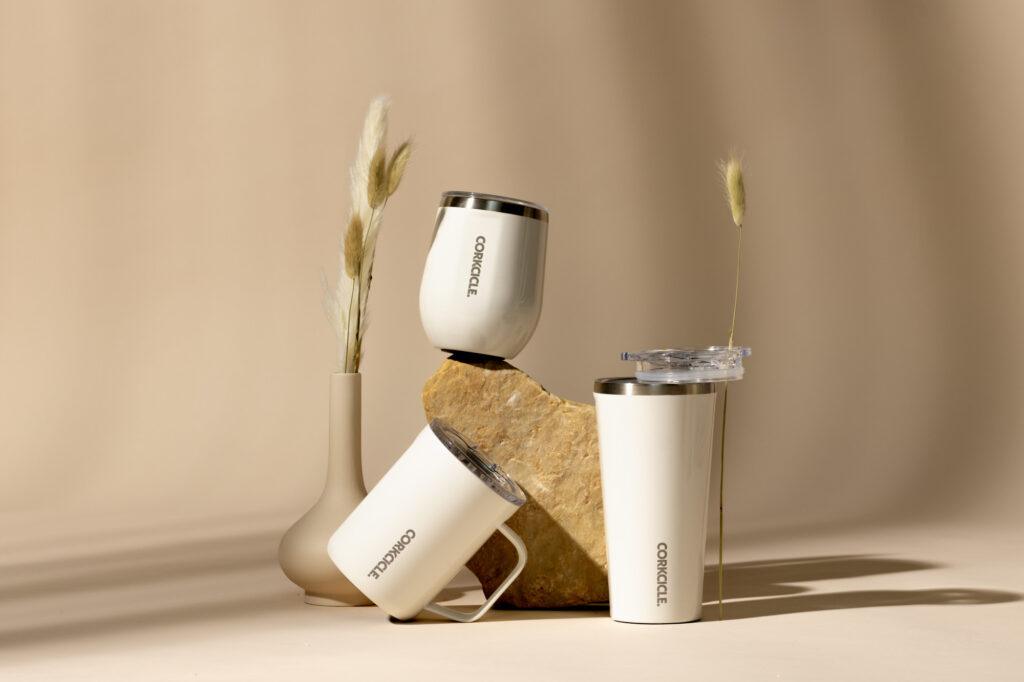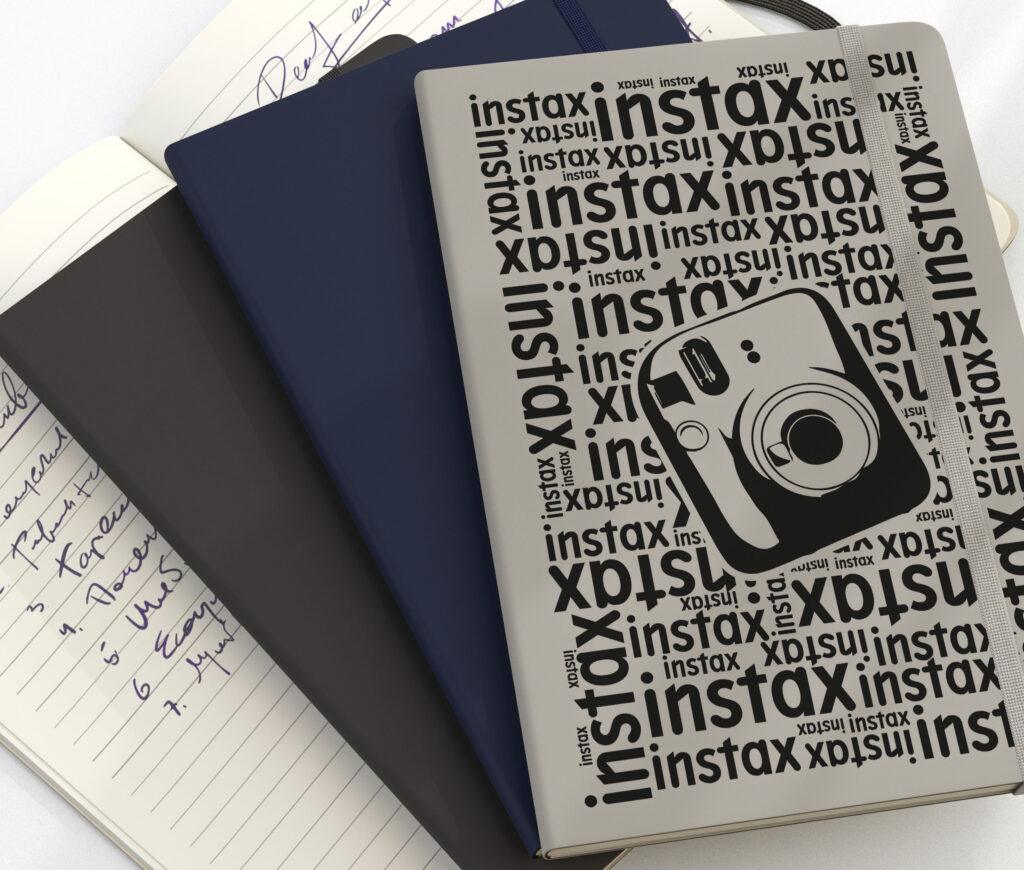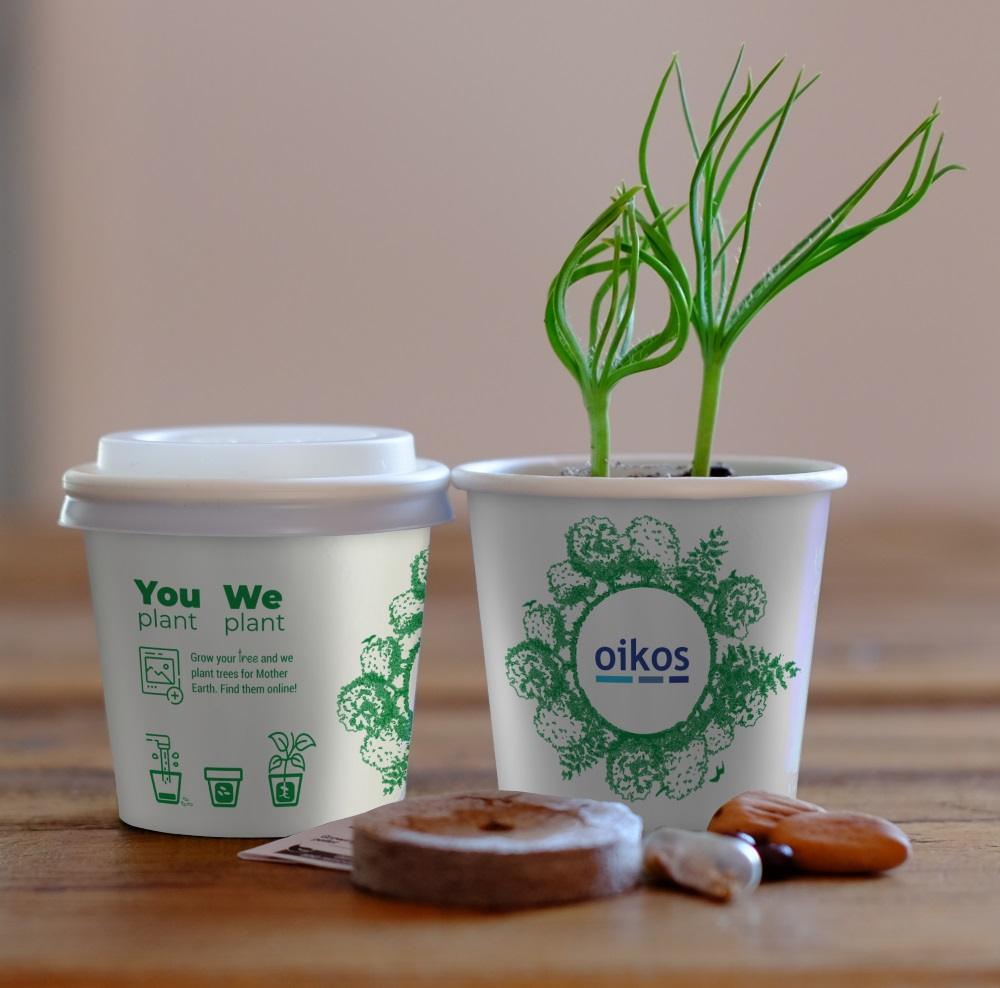Navigating the Landscape: How Sustainable Promotional Merchandise Differs from Conventional Items
Did you know that recipients keep an estimated 79% of promotional products for over a year, yet most are made from materials with long-term environmental impact? With growing concerns around sustainability, businesses are reevaluating their marketing strategies to prioritize sustainable materials. This blog will guide you through the defining differences between traditional and sustainable promotional merchandise, empowering you to make informed, impactful choices.
You’ll learn what sets sustainable options apart, how their core principles align with modern values, and why they’re the better long-term investment for your brand.
What is Traditional Promotional Merchandise?
Promotional merchandise, also known as promo merchandise or branded merch, refers to branded items used by companies to enhance brand awareness, engage customers, and foster loyalty. These include everyday items like pens, keychains, T-shirts, bags, and tech accessories. Popular at events like trade shows and giveaways, these products often serve as a tangible reminder of your brand.
Business Benefits of Traditional Promo Merchandise
Traditional promotional items remain a staple in marketing because they deliver tangible value:
- Brand Visibility and Recognition
A well-placed branded pen or tote bag keeps your logo visible. - Customer Loyalty Building
Functional custom promotional products, such as notebooks or USB drives, are used on a daily basis and encourage repeat business. - Cost-Effective Marketing Tool
Many of these products are produced at scale, keeping costs low while maintaining significant brand exposure. - Lead Generation at Events
Free branded merchandise is a proven way to capture attention and convert event attendees into potential clients.
Materials and Manufacturing Processes
Traditional promotional products are often made from plastics, synthetic fabrics like polyester, and metals that are frequently produced through industrial processes with significant environmental footprints. Items may include single-use plastics or non-biodegradable materials, which exacerbate waste and pollution. While cost-effective, the environmental impact leaves room for improvement.


What is Sustainable Promotional Merchandise?
Sustainable promotional merchandise is designed to reduce environmental impact while maintaining functionality and appeal. Guided by environmental marketing guidelines, it emphasizes ethical sourcing, responsible manufacturing, and long-term usability. These products are ideal for businesses seeking to align with customer values and fulfill their corporate social responsibility goals.
Key Characteristics of Sustainable Branded Merchandise
Here’s what sets sustainable options apart:
- Eco-Friendly Materials
Products are crafted from certified recycled, biodegradable, or renewable resources, such as bamboo, recycled plastic, organic cotton, and cork. - Environmentally Responsible Processes
Manufacturing prioritizes reducing waste and minimizing its carbon footprint, with many suppliers adhering to environmentally friendly practices. - Longevity and Reusability
Designed to last, these eco-friendly promotional items endure multiple uses, reducing disposable culture. - Minimal Packaging
Packaging is optional and, when used, is generally made from recyclable or biodegradable materials.


Examples of Sustainable Products
- Recycled Plastic Items — Turn discarded plastic bottles into functional tote bags or custom branded apparel.
- Organic Cotton Apparel — T-shirts and bags made from certified organic cotton grown without harmful chemicals.
- Solar-Powered Tech — Chargers and flashlights powered by the sun, reducing reliance on traditional electricity.
- Plantable Seed Paper — Business cards and notepads that can grow into plants when discarded.
Certifications to Look For
When selecting sustainable branded merchandise, look for certifications such as:
- FSC (Forest Stewardship Council) for responsibly sourced wood products.
- GOTS (Global Organic Textile Standard) for organic textiles.
- Fair Trade Certification for ethically produced goods.
These certifications indicate a commitment to eco-friendly practices and fair labor standards.
Key Differences Comparison
Understanding the differences between traditional and sustainable options can help clarify which is better suited to your brand’s goals. Here’s a side-by-side comparison:
1. Environmental Impact
- Traditional Merchandise
Often relies on resource-intensive materials, contributing to pollution and landfill waste. - Sustainable Merchandise
Reduces carbon footprint through renewable resources and promotes the circular economy by encouraging recycling.
2. Cost Considerations
- Traditional Merchandise
Lower initial costs, though the environmental toll may pose hidden expenses (like negative publicity). - Sustainable Branded Merchandise
Sometimes, there are slightly higher upfront costs, but the long-term value includes enhanced brand perception and sustainability alignment.
3. Durability and Longevity
- Traditional Merchandise
Products are often disposable or have a shorter lifespan. - Eco Friendly Promotional Items
Crafted for extended usability, reducing the need for frequent replacements.
4. Brand Perception
- Traditional Merchandise
Viewed as standard or neutral marketing. - Sustainable Merchandise
Demonstrates corporate responsibility, appealing to eco-conscious customers and employees.



Benefits of Choosing Sustainable Options
Switching to sustainable promotional merchandise isn’t just about helping the planet; it’s a strategy that brings tangible benefits to your business. Here’s how:
1. Enhanced Brand Image
Eco-conscious consumers are more likely to engage with brands that reflect their values. Custom promotional items position your brand as a thought leader on environmental issues.
2. Employee Engagement
Your team will feel greater pride and alignment when company values translate into meaningful choices, from eco-friendly swag to greener business operations.
3. Competitive Advantage
Differentiate yourself in a crowded market by providing high-quality promotional items made from certified sustainable materials.
4. Future-Proofing
Environmental regulations are getting stricter globally. Shifting to sustainable options now can help you stay ahead of compliance requirements.
5. Customer Loyalty
Consumers who share your commitment to sustainability are likely to become more loyal, fostering deeper relationships over time.
The Choice is Yours
Sustainable promotional merchandise isn’t just a trend — it’s a necessity as businesses adapt to growing environmental awareness. Compared to conventional products, these eco-friendly alternatives offer better alignment with modern values, reduced environmental impact, and stronger customer connections.
At Fairware, we believe in empowering brands with sustainable solutions and guiding them away from greenwashing tactics. Explore our wide range of eco-friendly promotional items, from bamboo accessories to organic cotton tees. Make the switch today and stand out as a brand that makes a difference.
Navigate this landscape confidently, and choose promotional merchandise that reflects your company’s commitment to a better world. Browse Fairware’s offerings now, and start making an impact!
